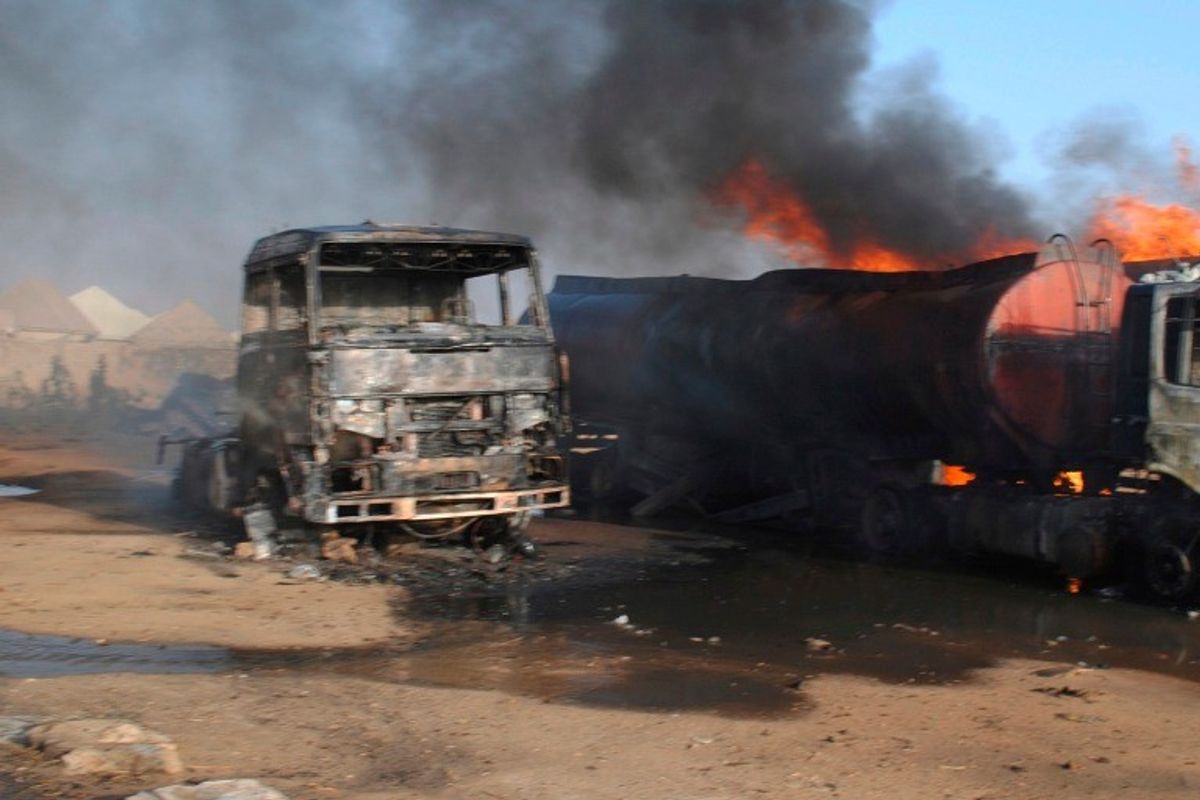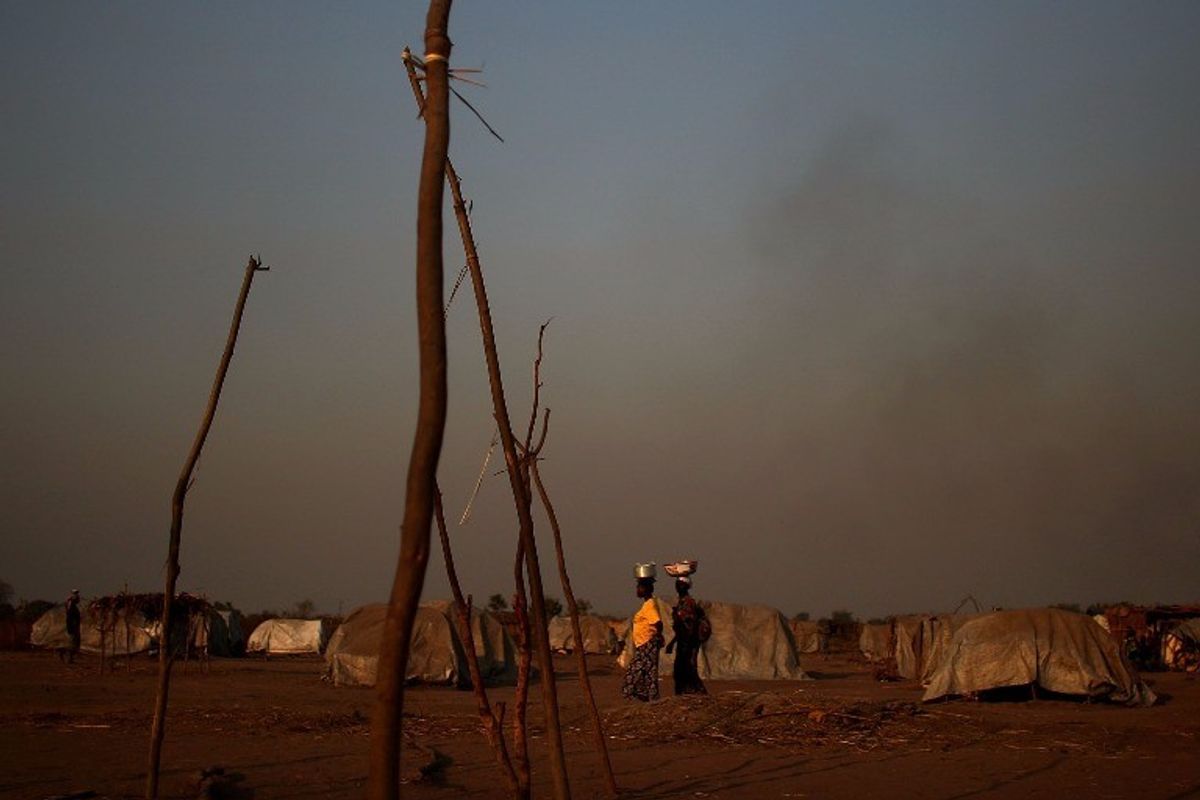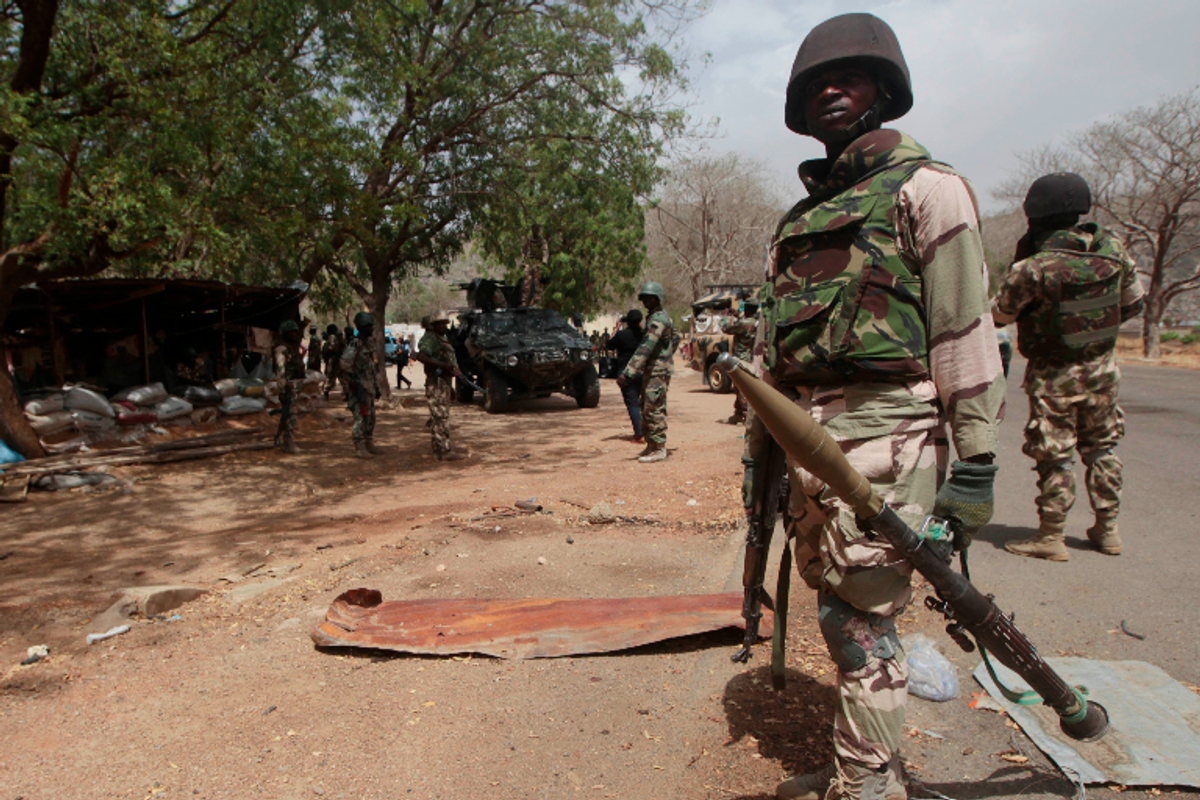The Cipher Brief spoke with Bankole Cardoso, co-founder of EasyTaxi Nigeria, to get his perspective on Nigeria’s emergence as a business hub. Last year, Cardoso was listed by Forbes as one of the 30 Most Promising Young Entrepreneurs in Africa.
The Cipher Brief: How has the election of Muhammadu Buhari affected Nigeria? Are people more optimistic about the future?
Bankole Cardoso: The last 12-18 months have been a very interesting period for Nigeria. We celebrated our centenary year, hosted the World Economic Forum, and became the biggest economy in Africa. There was so much optimism about the future. Today, I feel like we are at a crossroads in the sense that there is a new president but there is also a feeling of the unknown—what do we expect from him? The euphoria surrounding President Buhari’s election has been replaced by massive expectation. And even though he was not elected by a landslide, there is landslide optimism about his presidency.
TCB: Some have characterized Nigeria as an emerging hub for business and entrepreneurship in Western Africa. Based on your own experience, what advice would you give Western firms seeking to enter the Nigerian market? Where do you see the new business opportunities emerging?
BC: I believe Nigeria is the most attractive African market for foreign investment because it is the country with the most opportunity on the continent. In the last decade, Nigeria has become an emerging hub for business and entrepreneurship in West Africa, Nigerian banks have a presence in all of the countries across the region, the telecoms industry has boomed, the proliferation of the Internet has made e-commerce commonplace, and Nollywood and Nigerian music have become the standard for entertainment across Africa. But in my opinion, the most important thing is that well trained Nigerians are returning to the country and bringing their experience with them.
Nigeria’s population of 170 million is another economic attraction as it presents opportunities for any type of consumer goods company. About 70% of the population is less than 30 years old, so we have a very youthful population with rising incomes and an already bourgeoning middle class of 23 million people who have significant spending power. I also see lower oil prices as a significant opportunity to diversify the economy and focus on areas such as agriculture and power.
Going back to what I said about a crossroad moment for Nigeria, it is hard to skip over the fact that we also have social problems that need to be dealt with, such as corruption, huge youth unemployment, and security issues like Boko Haram in the North and MEND in the Niger Delta. One thing that I am convinced about is that President Buhari is the best man to deal with these issues. His two priorities are to defeat Boko Haram and to fight corruption.
TCB: How is President Buhari’s anti-corruption campaign impacting the business climate in Nigeria?
BC: Corruption is endemic in Nigeria, but I am confident that it will be much less prevalent after Buhari’s tenure, because he has made it clear that this is one of his top priorities. The problem in Nigeria is that since our independence, our institutions have been weakened by successive dictatorial regimes, while the rule of law is no longer sacrosanct. From what I have seen, our new president is committed to re-building our institutions, and he recognizes the importance of adhering strictly to the rule of law. So I believe that he will make a big difference. It is too early to tell how successful his anti-corruption campaign will be, but it is gratifying that this is being given top priority, and there appears to be improved confidence on the part of businesses that there is now a level playing field.
TCB: How concerned are you about the security situation in Nigeria and the threat from Boko Haram? What advice would you give Western firms seeking to mitigate the security threat?
BC: Boko Haram is another serious issue in Nigeria and even though the impact is not as severe outside the North East of the country, it is disturbing to hear of the attacks and the loss of life. However, the military appears to be making progress, and there is optimism that the situation may stabilize by the end of the year.
Overall, I am optimistic about Nigeria’s future and my generations’ role in this future. In the next few months we will learn a lot, but I am optimistic because most of the key indicators are pointing to continued economic growth and political stability. So for any company or investor looking at Africa, I would say look at Nigeria first.











